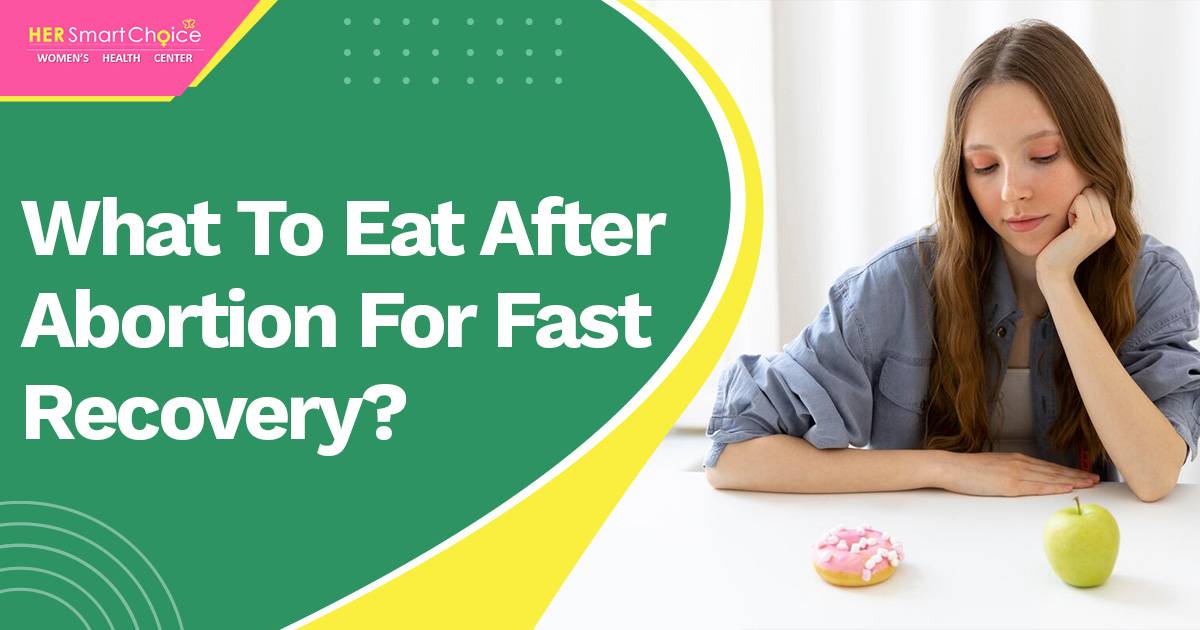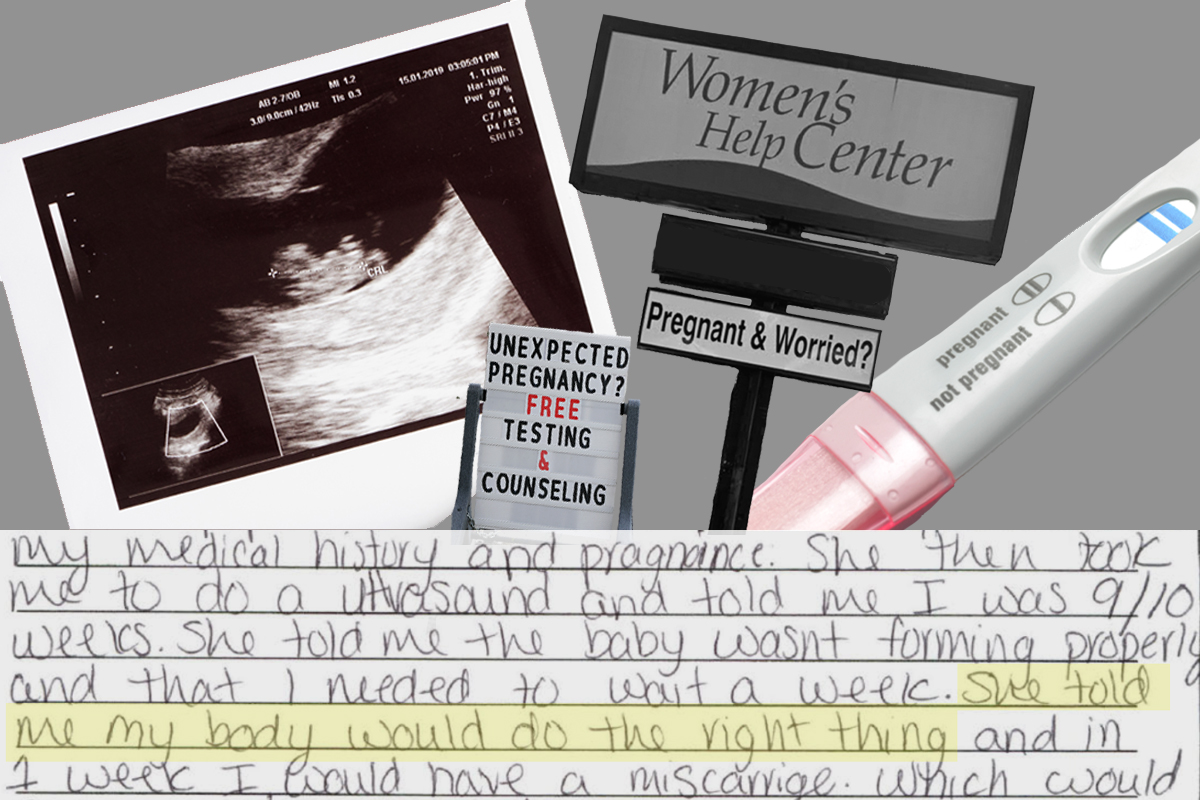After an abortion, it’s crucial to eat nutrient-rich foods like fruits, vegetables, lean proteins, and whole grains. Focus on iron-rich foods to replenish lost blood and high-fiber foods to maintain digestive health.
Choosing the right foods post-abortion is essential for recovery and healing. Good nutrition can help restore the body’s balance and replenish lost nutrients, leading to a quicker recuperation. Opting for a well-balanced diet supports physical well-being and aids in dealing with the emotional stress that might follow the procedure.
Lean proteins aid in tissue repair, while fruits and vegetables packed with vitamins and antioxidants promote overall health. Iron is particularly important to help recover from blood loss, and vitamin C assists with iron absorption. Hydration is equally important; drinking plenty of water prevents dehydration and promotes healing. Remember to consult with a healthcare provider for personalized advice. Incorporating these dietary habits not only supports physical recovery but also provides a foundation for better health moving forward.

Credit: catherinechong.com.au
The Importance Of Proper Nutrition After Abortion
The Importance of Proper Nutrition After Abortion cannot be overstated. Following an abortion, the body requires adequate nutrients to heal both physically and emotionally. A balanced diet aids in replenishing lost blood and nutrients, bolstering the immune system, and supporting overall recovery. Nourishing the body is key to promoting a healthier, swift return to daily life.
Physical Recovery And Healing
After an abortion, the body undergoes a healing process that necessitates specific nutrients. Iron-rich foods like spinach, red meat, and lentils help restore hemoglobin levels. Protein sources such as chicken, fish, and tofu aid in tissue repair. Foods high in vitamin C, like oranges and bell peppers, enhance iron absorption and support the immune system.
- Iron: to replenish red blood cells
- Protein: for tissue repair
- Vitamin C: for iron absorption and immunity
Emotional Well-being And Nutritional Support
Nutrition also plays a crucial role in emotional recovery. Omega-3 fatty acids found in fish support brain health and mood. Whole grains stabilize blood sugar levels, which can impact mood swings. Antioxidant-rich fruits and vegetables promote overall well-being. Comforting meals, balanced with essential nutrients, foster emotional healing.
| Nutrient | Source | Benefit |
|---|---|---|
| Omega-3 Fatty Acids | Salmon, walnuts | Enhances mood |
| Complex Carbohydrates | Whole grains, legumes | Blood sugar balance |
| Antioxidants | Berries, leafy greens | Overall well-being |

Credit: hersmartchoice.com
Macronutrients For Post-abortion Recovery
Restoring the body’s balance after an abortion is crucial. Proper nutrition plays a vital role in this process. Sufficient macronutrients support the body as it heals and adjusts. The right mix of proteins, carbohydrates, and fats can soothe and strengthen the body post-abortion.
Lean Proteins To Aid Tissue Repair
Protein helps repair body tissue and muscles. After an abortion, parts of the body may need to heal. High-quality, lean proteins are ideal for this. They include:
- Chicken breasts
- Fish, especially salmon and tuna
- Beans and lentils
- Tofu and tempeh
Complex Carbohydrates For Sustained Energy
Energy can drop after medical procedures. Complex carbohydrates release energy slowly. This feature prevents energy spikes and crashes. Consider these sources for steady energy:
- Whole grains like brown rice and oats
- Starchy vegetables such as sweet potatoes and pumpkin
- Fiber-rich fruits, for instance, berries and pears
Healthy Fats For Hormonal Balance
The body’s hormones can fluctuate after an abortion. Healthy fats can help rebalance them. They’re found in:
| Source | Benefit |
|---|---|
| Avocado | Rich in monounsaturated fats |
| Nuts and seeds | Provide omega-3 fatty acids |
| Olive oil | High in antioxidants |
Vitamins And Minerals To Focus On
After an abortion, it’s crucial to support your body’s healing process. Essential vitamins and minerals can play a significant role in recovery. These nutrients help replenish what your body has lost. They also boost your immune system and strengthen your bones.
Iron To Replenish Blood Loss
Iron is vital after an abortion. Your body needs it to make new blood cells. To increase iron levels, eat foods like:
- Red meat – rich in heme iron, the type your body absorbs best
- Leafy greens – packed with iron; think spinach and kale
- Legumes – such as beans and lentils, also iron-rich
Pair these foods with vitamin C for better iron absorption.
Vitamin C For Immune Function
Your immune system needs a boost after abortion. Vitamin C helps. Include these vitamin C-rich foods:
- Citrus fruits – oranges and lemons for a quick vitamin C hit
- Tomatoes – easy to add to any meal
- Peppers – bell peppers add a colorful burst of vitamin C
Fresh fruits and veggies are the best sources. Aim for a variety each day.
Calcium And Vitamin D For Bone Health
Calcium and vitamin D work together to keep your bones strong. Post-abortion, focus on these nutrients. You’ll find them in:
- Dairy products – milk, cheese, and yogurt are calcium-dense
- Fortified foods – like orange juice with added calcium and vitamin D
- Fatty fish – salmon and mackerel offer vitamin D
Sunlight is a natural vitamin D booster. Try to soak in some early morning or late afternoon sun for additional benefits.

Credit: www.momjunction.com
Hydration: The Key To Recovery
After an abortion, your body goes through a lot of changes. Staying hydrated is vital. It helps your body heal. It replaces fluids lost during the procedure. Enough water can ease discomfort. It’s a simple step with big benefits for recovery.
How Much Water To Drink Post-abortion
Wondering about the right water intake? Aim for eight 8-ounce glasses daily. That’s about 2 liters, or half a gallon. This is the 8×8 rule. It’s easy to remember. Your body might need more water after medical procedures like abortion. Listen to your body’s thirst cues.
Herbal Teas And Their Benefits
Herbal teas are a soothing choice for hydration. They add variety to liquid intake. Here’s why you might choose them:
- Peppermint Tea: Eases the stomach and relieves cramps.
- Ginger Tea: Reduces nausea and promotes digestion.
- Chamomile Tea: Helps with sleep and reduces stress.
Choose caffeine-free options to avoid dehydration. Enjoy a warm cup of herbal tea to hydrate and relax your body.
Nourishing Foods To Include In Your Diet
Recovering from an abortion can be physically and emotionally challenging. Your body needs the right foods to heal and regain strength. That’s why focusing on nourishing and wholesome meals is crucial. Think of food as your ally in the healing process.
Wholesome Meals For The First Week
During the first week post-abortion, choose foods that are easy to digest and packed with nutrients. Your body needs to recover, and these meals will help:
- Lean proteins like chicken, fish, and tofu to repair tissues
- Whole grains such as quinoa and brown rice for energy
- Vegetables and fruits to replenish vitamins
- Dairy products or fortified alternatives for calcium
Snacks For Nutrient-dense Munching
Have small, frequent snacks to keep your energy levels up. Here are some options:
- Nuts and seeds for healthy fats and protein
- Yogurt with fruit for probiotics and vitamins
- Smoothies blending leafy greens, berries, and a protein source
- Hummus with veggie sticks for fiber and nutrients
Recipes For Gentle Digestion
Food that’s gentle on the stomach helps prevent discomfort. Try these recipes:
| Meal Time | Recipe Idea | Key Ingredients |
|---|---|---|
| Breakfast | Oatmeal with fruits | Oats, berries, banana |
| Lunch | Grilled chicken salad | Chicken, mixed greens, avocado |
| Dinner | Vegetable soup | Carrots, zucchini, broth |
Foods And Beverages To Avoid
Choosing the right nourishment after an abortion is crucial for recovery. Certain foods and drinks might slow down the healing process. Let’s steer clear of specific items to help the body bounce back stronger.
Limiting Processed And Sugary Foods
To support healing, limit processed items. These foods lack essential nutrients. Go for whole foods instead. Processed meals can lead to inflammation. This isn’t good for recovery. They often contain high sugar levels. This might cause energy spikes and crashes.
- Avoid candy and baked sweets.
- Skip fast food meals.
- Choose fruits over sugary snacks.
Why Alcohol And Caffeine Should Be Reduced
Take it easy on caffeine and alcohol. These can dehydrate your body. Hydration is key for healing. They might also affect mood. Emotions could be more sensitive post-abortion. Sleep quality may suffer with these beverages.
| Drink | Effects on the Body | Alternative |
|---|---|---|
| Alcohol | Dehydrates, affects mood | Water, herbal teas |
| Caffeine | Disrupts sleep, dehydrates | Decaf, fruit juices |
Remember, water is your best friend during recovery. It keeps your body hydrated and helps flush out toxins. For optimal post-abortion care, avoid these foods and focus on nutritious choices for a faster, smoother recovery journey.
Listening To Your Body
After an abortion, your body deserves gentle care and nutrition. Listening to Your Body is essential during this time. It’s time to reconnect with your body’s needs and nourish it accordingly. The signals your body sends are critical clues for your recovery and well-being.
Understanding Hunger And Fullness Cues
Your body knows best when it needs food and when it’s had enough. After a medical procedure, such as an abortion, tuning into your hunger and fullness cues is crucial. It’s important to recognize these signals to provide your body with the right amount of nutrition for healing.
- Pay attention to stomach growling, a clear hunger cue.
- Notice how satisfaction feels to avoid overeating.
- Pause during meals to assess your fullness level.
Adjusting Portions And Meal Timing
Post-abortion, your usual eating patterns may not suit your body’s current needs. Adjusting portions and meal timing can help manage discomfort and support recovery.
| Time | Portion | Benefit |
|---|---|---|
| Morning | Light but nutritious | Activates metabolism |
| Midday | Balanced portion | Sustains energy |
| Evening | Smaller and comforting | Promotes better sleep |
Eat smaller, more frequent meals if that feels better. Trust what your body tells you. A snack in between meals is perfectly fine if you’re genuinely hungry. Remember, nourishing your body is the top priority for healing.
Supplements To Consider
After an abortion, your body needs extra support to recover. While a balanced diet is crucial, supplements can promote healing. They may restore nutrients and enhance your well-being. Consider supplements under the guidance of a healthcare provider. Let’s explore which supplements might help during post-abortion care.
When To Use Multivitamins
Start multivitamins once you’ve talked with your doctor. They fill any gaps in nutrition. After abortion, the body might lose important vitamins and minerals. Multivitamins support overall health and aid recovery.
Vitamin B complex, vitamin C, and iron are especially helpful. A table can show suggested amounts:
| Vitamin/Mineral | Recommended Amount |
|---|---|
| Vitamin B complex | As per label instructions |
| Vitamin C | 500-1000 mg |
| Iron | 18 mg |
Confirm these doses apply to you.
Herbal Supplements For Healing
Herbal supplements might offer natural healing support. Always check with your doctor before using them. Some common herbs include:
- Ginger – Eases nausea and inflammation
- Peppermint – Helps with digestion and pain
- Chamomile – Calms and aids in sleep
- Raspberry leaf – Tones the uterus
Use these herbs as teas or capsules, depending on preference and advice.
Seeking Professional Guidance
Seeking Professional Guidance after an abortion is a crucial step for your recovery. Your body needs the right nutrients to heal. You may wonder: What foods should I choose? Professionals can provide tailored advice for your unique situation.
Consulting A Nutritionist Or Dietitian
Eating right is essential. Meet a nutrition expert to get a personal diet plan. Do this soon after your procedure.
A nutritionist or dietitian can suggest meals that help you heal. They use science to find the best foods for you.
- Iron-rich foods: To rebuild blood cells, lean meats and spinach are great.
- High-fiber foods: To aid digestion, try beans, vegetables, and whole grains.
- Vitamin-rich foods: For overall health, fruits and veggies are key.
They can also offer recipes and grocery lists. This makes eating well easier for you.
When To Contact Your Healthcare Provider
It’s not just about diet. You must watch for signs that need a doctor’s care. Reach out fast if you spot them.
| Sign | Action |
|---|---|
| Heavy bleeding | Call your doctor |
| Severe pain | Contact your clinic |
| Fever | See a professional |
Remember, your health comes first. Listen to your body. Act on any worries right away.
Frequently Asked Questions On What To Eat After Abortion
What Foods Aid Recovery After Abortion?
Post-abortion, it’s vital to consume iron-rich foods like lean meats, spinach, or lentils. These foods help replenish iron lost during the procedure. Also, add vitamin C-rich fruits like oranges to aid iron absorption.
Can Hydration Affect Post-abortion Healing?
Yes, staying hydrated is crucial after an abortion. It helps with the healing process by keeping the body functioning properly. Aim to drink at least 8 glasses of water daily.
Are There Foods To Avoid Post-abortion?
After an abortion, it’s best to avoid alcohol, spicy foods, and caffeine. These can cause discomfort or interfere with the healing process. Focus on gentle, nourishing foods instead.
How Does Protein Support Post-abortion Care?
Protein is essential for healing tissues and rebuilding strength post-abortion. Include lean meats, beans, tofu, or dairy in your diet to ensure proper recovery.
Conclusion
Navigating post-abortion recovery is both physical and emotional. Prioritizing nutrition offers a foundation for healing. Opt for easily digestible, iron-rich foods that replenish your body. Remember, gentle care and proper sustenance are key. For personalized advice, seek a healthcare provider’s guidance.
Your well-being is paramount.




